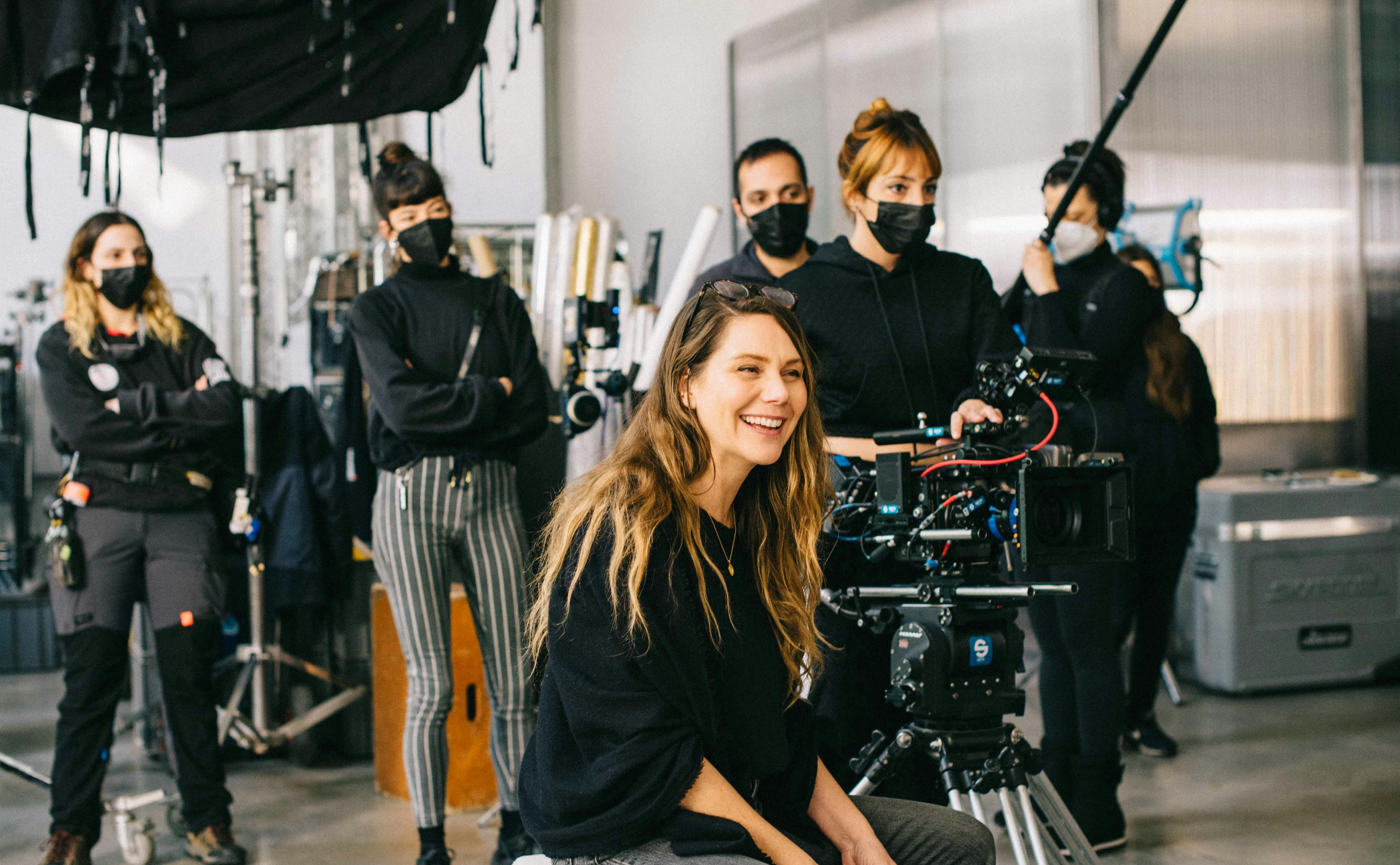How to Deal With (And Enjoy) Your Partner’s Fetish if You're Vanilla
How to Deal With (And Enjoy) Your Partner’s Fetish if You're Vanilla
In my mid-twenties just as a former partner and I were about to get down to it for the first time, they produced a watch from their backpack and asked if I would wear it while we had sex. I was a bit taken back but said "sure!" anyway, too horny in the moment to think much about it. The next day though, I was curious, so eventually asked them what it was all about and they told me that they had a fetish for watches.
In those days I would say I was pretty vanilla, more out of a lack of exploration rather than any sort of awareness around my sexuality. At the same time, though, like many young people (and especially women), I was not in any way confident about articulating my preferences or boundaries to potential partners. And so not wanting to upset my partner or shame them for their fetish, I did my best to appear Totally Cool with it all and not ask too many questions. Besides, the person I was sharing a bed with already clearly had a lot of shame about their fetish, and didn’t want to discuss it at all. And so we didn’t.
This agreed silence made it hard when I started to notice that my partner would focus on the watch, and not me, during intercourse. Sometimes I’d want to try other things, but soon the watch became a compulsory part of our sex life. I found myself feeling more and more conflicted about its presence in our bedroom, but I had nowhere to discuss my feelings and so they remained unresolved, growing and swelling each time we were intimate. I took it personally and I was ignorant, too. Was I not enough on my own? I’d think to myself. Why couldn’t he find me attractive without it?
“Whether or not a kink will end a relationship entirely depends on the couple's willingness to explore in addition to how important kink is to the person who enjoys it,” says Gigi Engle.
In extremely unsurprising news, that relationship didn’t go the distance, but I’ve been on a long journey since then. Alongside this has been a general opening-up of society when it comes to embracing the broad spectrum of kinks, fetishes and sexual preferences that are very common to us all as humans. If you’re wondering just how common, according to one study by the Journal of Sex Research in 2016, nearly 45% of people said they were interested in fetishes, with little variation among men and women. What I’ve learned has exposed that what I felt all those years ago was mainly a result of prejudices, insecurities and fears that I’ve since addressed, and no longer see myself as vanilla.
But it stands to reason that if you do identify as vanilla and have no personal experience to act as a reference point to understand your partner’s kinks or fetishes, in the wrong circumstances, the whole thing can feel very intimidating. So does a lack of kink compatibility mean your relationship is doomed? What can you do to help you to navigate this difference of desire? And could you actually learn to enjoy it?
“Whether or not a kink will end a relationship entirely depends on the couple's willingness to explore in addition to how important kink is to the person who enjoys it,” says Gigi Engle, ACS, certified sex educator and author of All The F*cking Mistakes: a guide to sex, love, and life. The deciding factor in whether or not a partner’s mismatched fetish or kink will make or break a relationship, she says, is communication. “If kink is something you absolutely need in your relationship in order to be sexually satisfied, you have to communicate that with your partner,” she continues, suggesting that finding a middle ground may be possible. “Perhaps you could incorporate kink sometimes but not all the time, making room for everyone's desires.”
In order for this to work, both partners need to be able to express their desires and needs without fear, says Engle. She adds that if you’re finding this challenging, involving a trained third party to help you to negotiate any mismatched needs might be helpful. “I'd see a professional kink-affirming person (a coach or a therapist who works with kink as a speciality) to have an outside party help you find common ground and negotiate boundaries”.
“A lot of vanilla-leaning people can find they actually have kinks they didn't know about,” she explains. “In such a sex repressed culture, we aren't taught to explore the shadow side of our desires. This is definitely worth exploring.”
If you’re the vanilla party, and you’re struggling to understand or even embrace your partner’s kink, Engle suggests doing some exploration to see if there are kinks the non-kinky partner might enjoy. “A lot of vanilla-leaning people can find they actually have kinks they didn't know about,” she explains. “In such a sex repressed culture, we aren't taught to explore the shadow side of our desires. This is definitely worth exploring.” Of course, any exploration needs to have clear boundaries established from the outset and an ongoing consent conversation in order to ensure both of you are feeling comfortable.
If after all of this you find that you still are not into the idea of exploring your partner’s fetish or kink, Engle says “there is an option to negotiate ways in which they can explore your kinks without you.” This, she says, could be in a non-monogamous way or with a professional kink expert who you visit. “There are plenty of ways to make this work, but it won't be doable for everyone. It takes a willingness to be courageous and try to find ways that work for everyone involved.”
If after all of that you’re finding it just isn’t working, Engle says it might be time to think about whether or not there is a future together where both parties’ needs are respected and met. “If it turns out the kink is more important than the relationship and you can't find common ground, it may be time to rethink this particular relationship. This isn't a bad thing, but for many kinky people, it is central to who they are as a sexual human being — and when someone doesn't understand that, it can be very challenging (for both people).”
Ultimately, if there is an openness and respect of the kink or fetish (and the other partner’s vanillaness), as well as good conversation, strong consent and boundaries and no shame, this kind of match can absolutely work. It might take a bit of negotiation, but at the end of the day, what good relationship doesn’t?

GET A FREE MOVIE












